Shortly into Ronald Reagan’s presidency, British Prime Minister Margaret Thatcher gave a speech at the Heritage Foundation in which she described America’s foreign policy before Reagan as “lose a country, gain a restaurant.” Her audience, recognizing the pattern of foreign policy defeats and new D.C. restaurants featuring Vietnamese, Iranian and Afghani cuisines, laughed uproariously.
Her insight might just as well describe another decades-long D.C. cycle: lose an election, gain a think tank. The major parties have a habit of responding to electoral defeat by creating such institutions to generate new ideas and produce talent for the inevitable return to power — witness the creation of a new Democratic think tank called Searchlight.
Think tank history tells us that this latest iteration can play an important role in the Democratic Party’s climb back to relevance. But the institution only works if a party is aiming for a reboot or a new direction. And it’s not clear Democrats are ready or willing to do that.
At the time of the Thatcher speech, Heritage was reveling in its success. Heritage’s policy book, Mandate for Leadership, became known as “the bible of the Reagan administration.” Reagan and his team pursued as many as two-thirds of the ideas in Mandate. The Republicans, with think tanks like Heritage, but also other Reagan-allied think tanks like the American Enterprise Institute and the Hoover Institution, seemed to have discovered a new tactical advantage in the constant arms race between the two political parties.
Democrats eventually noticed. In the 1990s, Bill Clinton allied with the Progressive Policy Institute to correct the leftward drift that caused the Democrats to lose three straight presidential elections. The PPI move paid off. Clinton broke the Democratic losing streak and brought into his administration key people associated with PPI as well as its parent organization, the Democratic Leadership Council. PPI became known as "Bill Clinton's idea mill," developing and advocating signature Clinton policies such as welfare reform and reinventing government.
Of course, Clinton’s victory meant a Republican defeat. In response, Republican exiles from the ousted George H. W. Bush team started some new think tanks of their own. Outgoing Bush cabinet members Bill Bennett and Jack Kemp joined with Reagan ambassador to the UN Jeane Kirkpatrick to create Empower America. Bill Kristol, who had served as Vice President Dan Quayle’s chief of staff, created the Project for the Republican Future, which later morphed into The Weekly Standard magazine. These moves worked out well for the Republicans. George W. Bush got two of the evangelists for his “compassionate conservatism,” speechwriters Michael Gerson and Pete Wehner, from the Empower America orbit, and the Weekly Standard helped promote Bush and his ideas as well. Both organizations are now defunct, but they played important roles in helping Republicans recapture the White House in 2000.
With Bush in office, Democrats continued to be concerned about the GOP advantage in the think tank wars. This worry led to the creation of CAP, the Center for American Progress. CAP was explicitly modeled on Heritage: CAP founder John Podesta even talked to Heritage president Ed Feulner on how to structure the new organization.
The Obama years of course led to a new generation of conservative think tanks, including The R Street Institute and Avik Roy’s Foundation for Research on Equal Opportunity (FREOPP).
But the predictable nature of the think tank arms race seemed to run aground in 2016. Donald Trump became the Republican nominee despite a decided lack of support from most of the mainstream conservative think tanks. On the Democratic side, Hillary Clinton's defeat was seen as an anomaly, and did not lead to much reflection or new Democratic thinking, let alone major new think tanks. That’s because new think tanks can only be helpful if the defeated party recognizes that it has a problem in terms of its policies, which was not the case at the time.
On the Republican side, Trump's victory without enormous support from the traditional conservative think tanks created a number of shifts. The Claremont Institute, which was supportive of Trump in 2016 and published the famous Flight 93 Election article, became more prominent on the conservative side. At the same time, Heritage, which was wary of Trump during the 2016 primaries, became much more pro-Trump after he won, and took on a decidedly MAGA cast with the hiring of Trump-friendly Kevin Roberts as its new president in 2021. Another development was the creation of Oren Cass' American Compass, which took a less market-oriented approach to public policy questions than the conservative think tanks of yore.
The cycle continued, albeit in a somewhat different way, after 2020. Trump's defeat led to the creation of the America First Policy Institute as a home for outgoing members of the Trump administration. AFPI was more interested in doubling down on Trump’s policies rather than in any rethinking the direction of the GOP, placing AFPI and Heritage in competition to be the main source of ideas for the new Trump campaign and eventually administration. When Democrats and the media demonized Heritage’s Project 2025 as some kind of secret action plan — the truth is it was no different in concept than Mandate for Leadership or any of the subsequent quadrennial plans that Heritage has done for four decades now — Trump disavowed it, giving AFPI a leg up in the inter-think tank rivalry. AFPI took advantage of Heritage’s troubles, and contributed a host of policy ideas and a reported nine senior officials — and dozens of more junior ones — to the second Trump administration. Of course, despite Trump’s disavowal of Project 2025 on the campaign trail, plenty of its proposals have shaped his second-term policies.
With the Democratic defeat in the 2024 election, the cycle appears to be continuing with the creation of Searchlight. It’s designed to function as a policy research and messaging hub with an important mission — moving the party toward more broadly popular positions and rejecting the purity tests that have paralyzed the party.
Adam Jentleson, the driving force behind the new think tank, is a former Capitol Hill staffer with stints under both Harry Reid and John Fetterman. He's more than just a political operative. He has think tank experience, having worked at CAP, and is the author of a book, Kill Switch: The Rise of the Modern Senate and the Crippling of American Democracy. In this way, Jentleson has a lot in common with many of the think tank founders of years past, who brought a combination of both political and think tank experience to their new roles.
Biography aside, though, he has a tough road ahead of him. Jentleson may be willing to start a think tank to reconsider Democrats’ policies, but it's not clear if the party writ large is in the same headspace.
Kenneth Baer, a PhD who served in the Clinton and Obama White Houses, told me of the depressing list of excuses he has heard these past six months to explain away the Democrats’ defeat in the recent election: racism, sexism, misinformation, disinformation, inflation, Biden dropping out, Biden not dropping out earlier, not understanding podcasts, etc. People focused on excuses are not usually prepared to accept the realities of a “woke”-heavy policy agenda that alienates rather than attracts the working-class voters Democrats need. People focused on excuses are not usually prepared to accept the realities of a woke-heavy policy agenda that alienates rather than attracts the working-class voters Democrats need. A post-election YouGov poll, for example, found 57 percent of Americans said that political correctness or being "woke" played a very or somewhat important role in the 2024 presidential election outcome.
Another challenge for Jentleson and his project is the rise of social media and the attendant loss of think tank power. On the Republican side, think tanks used to be able to set the agenda and even have a strong hand in determining the Republican nominee. But Trump and his social media-heavy campaign proved that one can get the GOP nomination without much think tank support. The think tanks on the right that have started since Trump became president have mostly been designed to appeal to him rather than have a more candidate-neutral agenda that could be adopted by whatever politician seeks to adopt it.
Social media has a lot of power on the Democratic side as well, where it’s often used as a tool to browbeat and shut down party voices who depart from liberal orthodoxy. The result is to create an impediment to Democrats being able to win over mainstream independent voters.
The power of the left-leaning interest groups within the party raises the issue of whether the left is ready for the kind of robust airing of issues and free exchange of ideas that a group like Searchlight would have to pursue to be successful. New think tanks arising out of election defeats are only useful if they can create a permission structure for changing what isn't working. It's not the 501(C)(3) tax status of think tanks that have enabled them to help parties recover from crushing defeats in the past. It's the willingness to rethink, reexamine and challenge the accepted precepts of a party that has been failing to appeal to voters.
History shows that there are cycles to both think tank creation and to American politics. But cycles are nevertheless not inevitable. As the disaffected Democrat Ben Wattenberg wrote in 1990, in an era when Democrats were struggling with this question, “cycles stall when the opposition doesn't learn its lesson.” Jentleson’s new project will test the proposition of whether Democrats are willing to learn theirs.
.png)


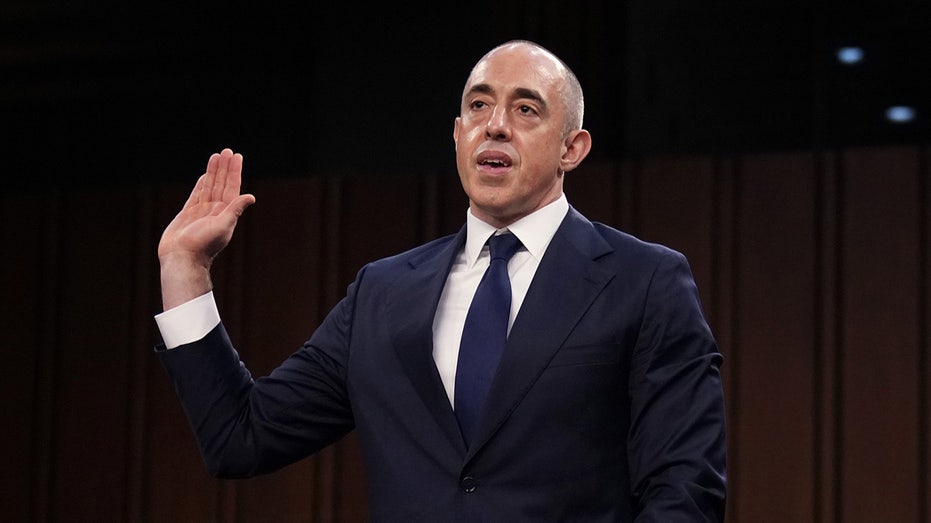

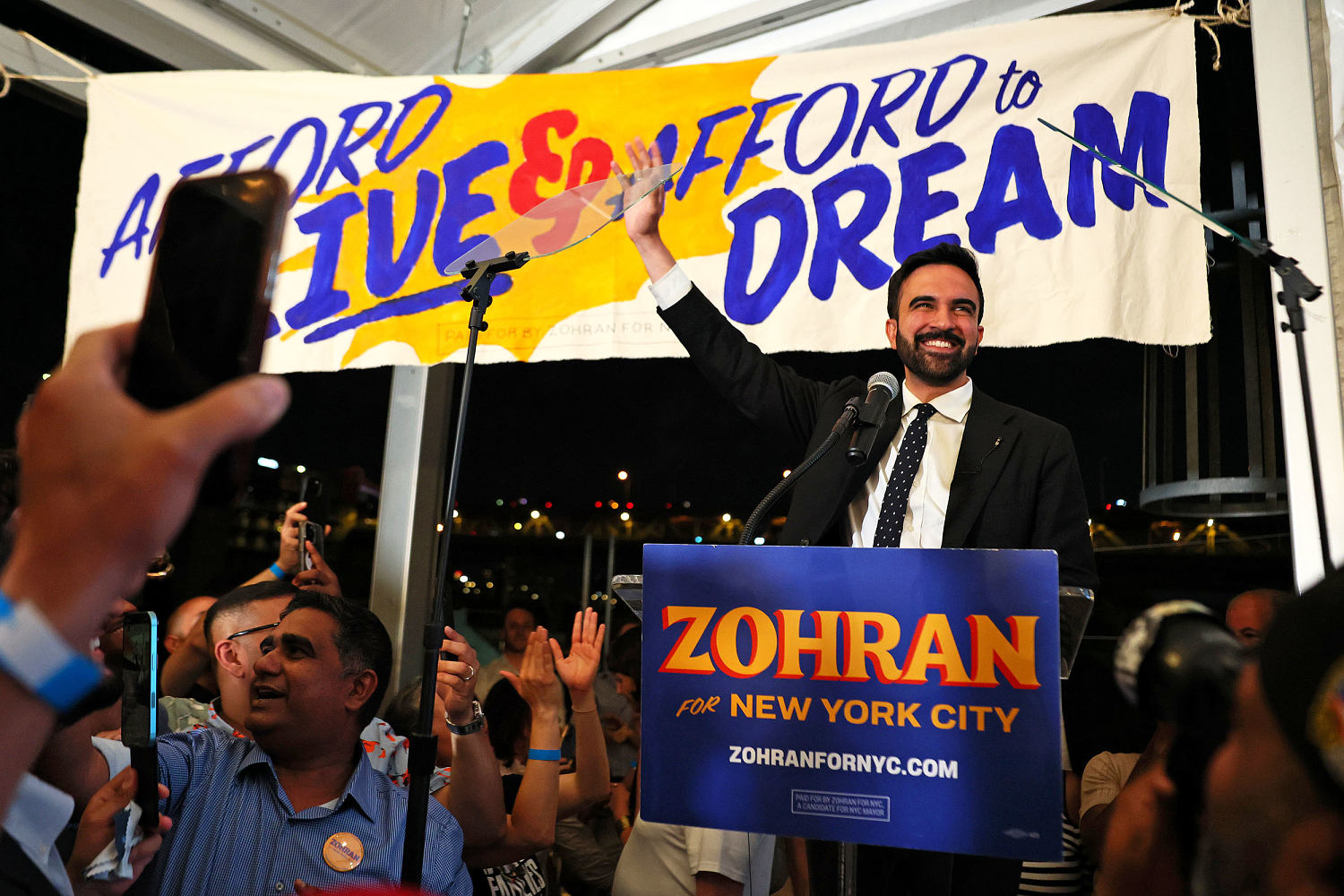

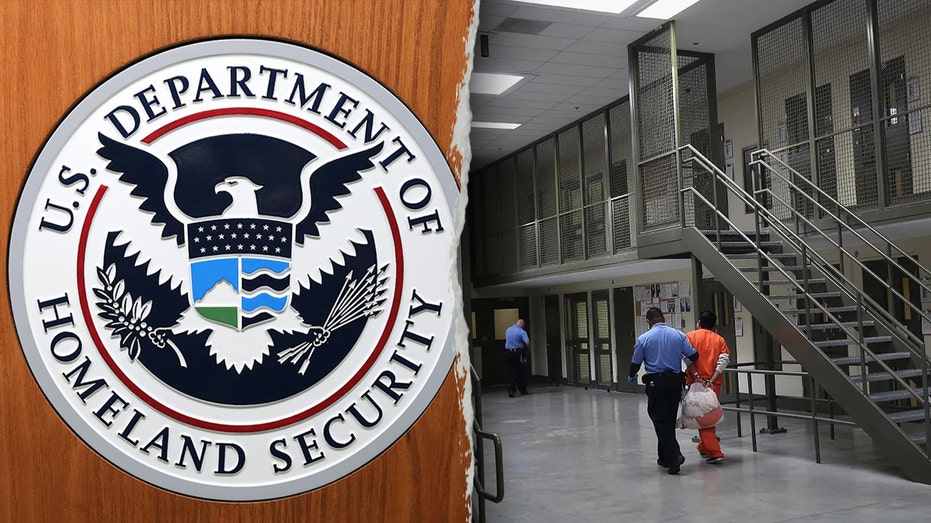
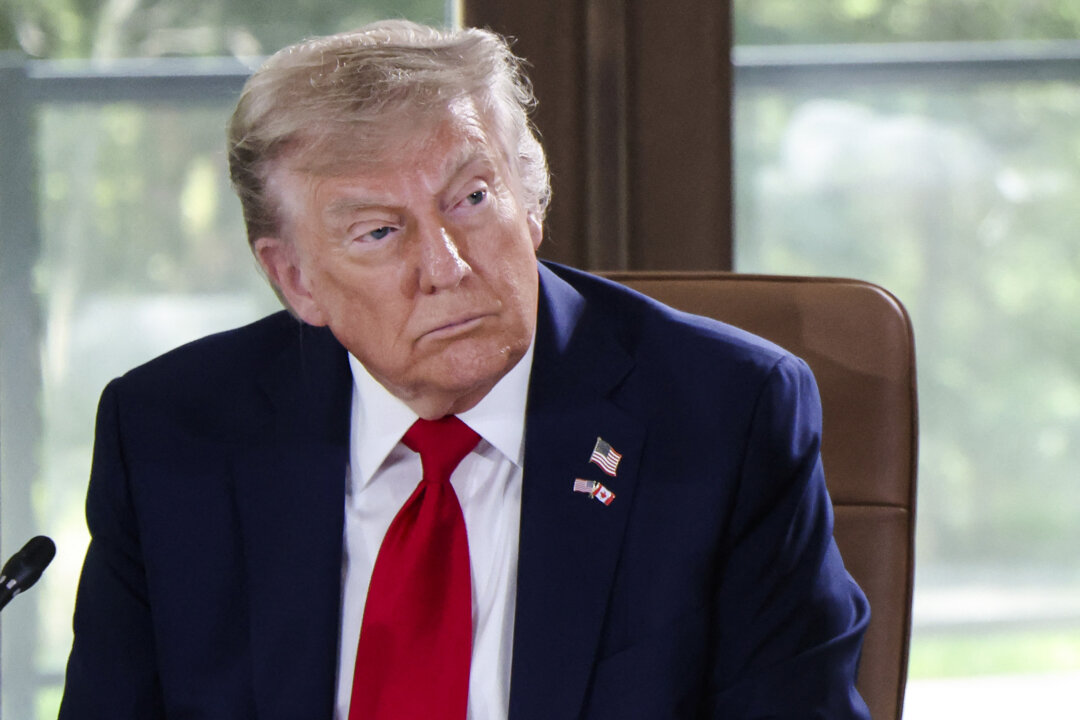

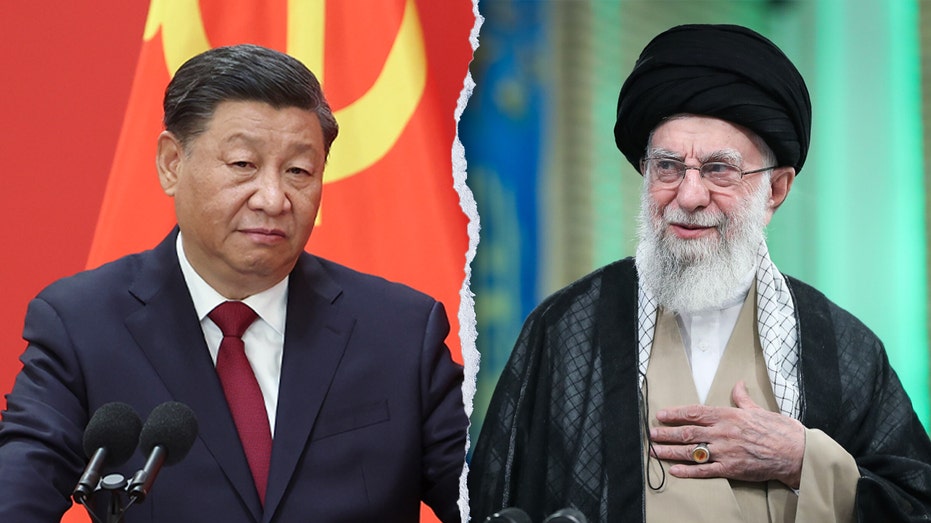
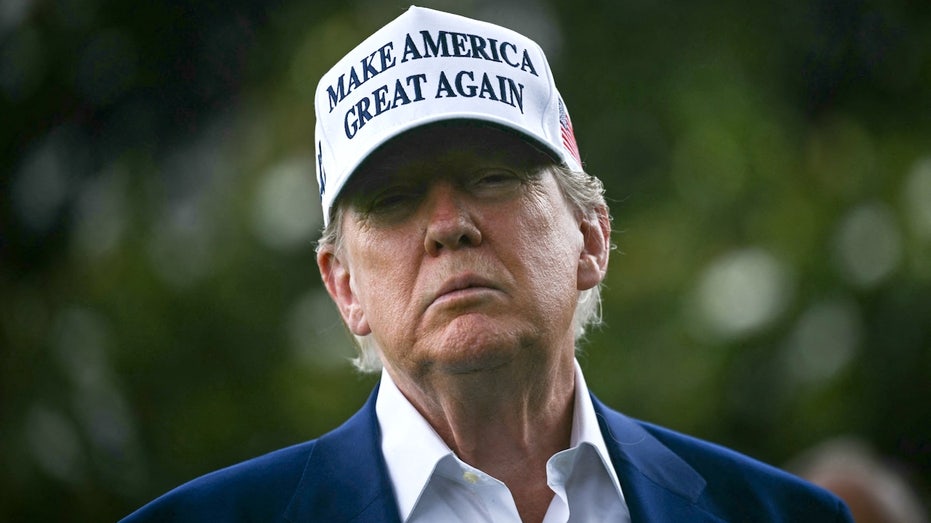
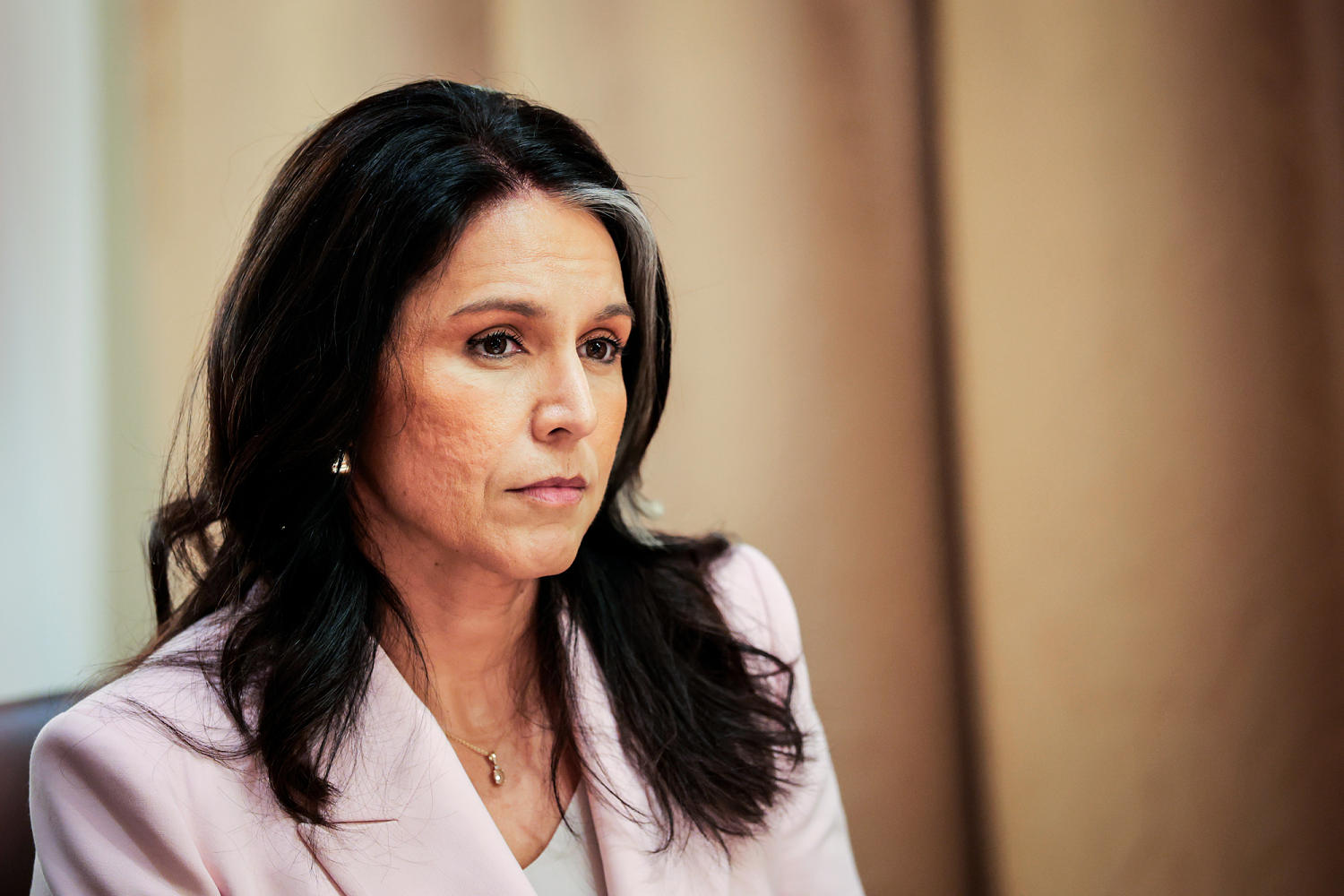

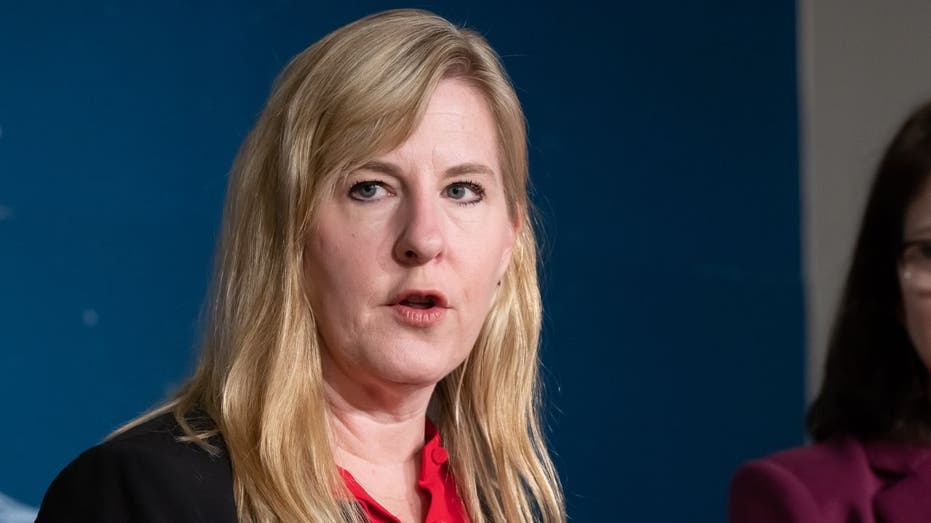

 English (US)
English (US)